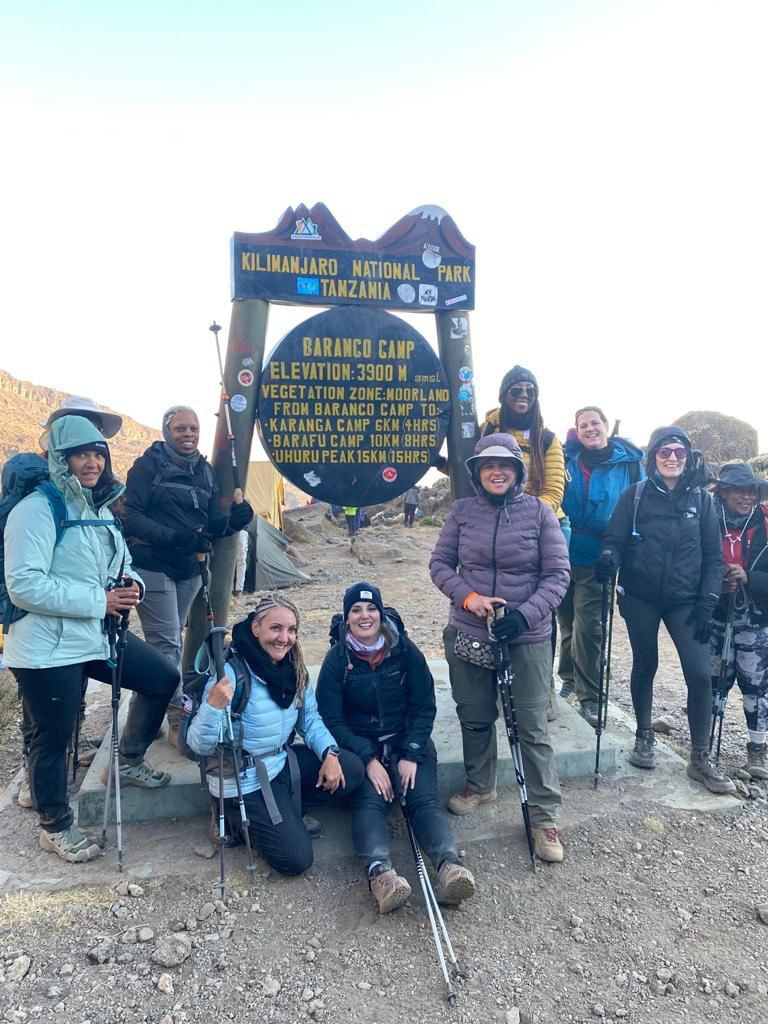the pandemic and the legacy of virtual services
- Dr Patrícia Eaton
- Sep 15, 2021
- 3 min read
Updated: Oct 31, 2021

This pandemic has been brutal. Millions of people have died all over the world, including a member of my own family. The pandemic has also crushed economies and livelihoods around the world. Not to mention the effects on everyone's mental health, from the everyday fear of contracting a disease to the disruption of life as we know.
Yet, in the middle of all this hardship, we adapted. We figured things out. We learned. And that brings me to the immense developments in technology that grew leaps and bounds during the pandemic changing the landscape of our lives forever.
Although I realize that MANY people around the world continue to operate completely outside of the technology world or have low access to technology, for many of us with such access doing virtual meetings, virtual exercise, virtual baby showers, virtual doctor visits, virtual everything, became a way of trying to keep things running during the pandemic.
For most of my career as a psychologist up until this point, the thought of working remotely was almost null. Very recently pre-pandemic, online services for healthcare had began, but we were still in the very early stages, and for some of us, delivering services virtually seemed daunting or unnatural. I remember myself ignoring that little camera sitting on top of my computer screen and opting to see patients in person as long as I possibly could. When the pandemic hit, I was forced to step out of my comfort zone and deliver care virtually to all my patients. It was incredible how quickly all of us had to learn new systems, how quickly systems improved, how certain services such as sitting across from a therapist, previously unthinkable online, came to be.
People once resistant and camera shy people like myself, were forced outside of their comfort zones to make the necessary leap. I remember my reluctance being suggested to deliver classes and groups online. Things moved quickly and before I had time to talk myself out of it, there I was.
Seeing patients on camera, became a reality. Many of my current patients, I never once met in person. I even interviewed and hired personnel that I have never met in person. They also got trained for a new job, learned skills and began seeing their own patients, without ever being in the same room.
Although it is true, that perhaps there is something lost (and something to be gained) from meeting people face to face, it was also undeniable how much more convenient and time saving the online services were.
In the class I teach, we went from 20 participants in person, to 85-100 online. Many people requested for these services to continue post-pandemic as they eliminated barriers to treatment such as physical limitations, lack of child care, time and logistics. During this past year, I saw inside of people's homes. Hundreds of people. They also saw inside of mine. I met peoples' dogs, cats, birds, children. In talked to many people taking respite in their cars as the only place for solitude.
Online services are now here to stay. That barrier has been majorly crossed and the legacy of online services will outlive the pandemic. Personally, the advent of online therapy allowed me to approach my practice through a whole other lens, and think of it so much more broadly and boundless.
As we make through hardships and choose to look at life as ever changing and a learning process, I can't help but look at this particular legacy of this painful pandemic and reflect on how it propelled me into a new direction in my life, which is a virtual private practice that reaches people all over the world.
Although I am a lover of life in person, I realize that practicing online has its benefits: eliminating barriers to care, reaching people who are a great match for services who may not be in the same geographical area and most of all, keeping us mobile and saving time for us to continue to live that full life in person.

Picture sent to me by patient showing how comfy her kitty was during our session



Comments